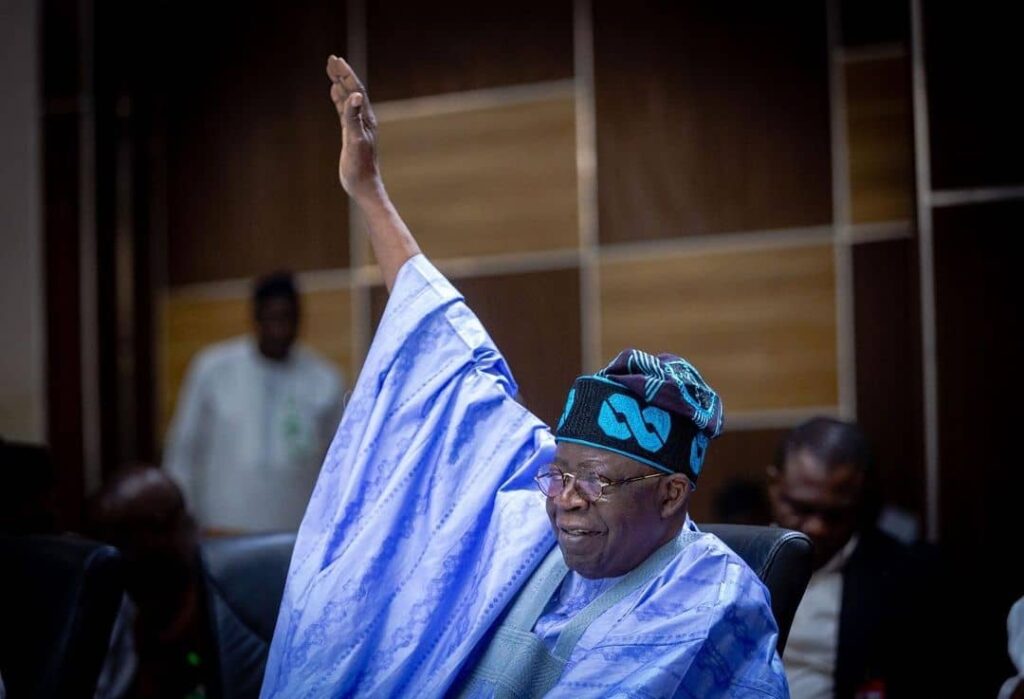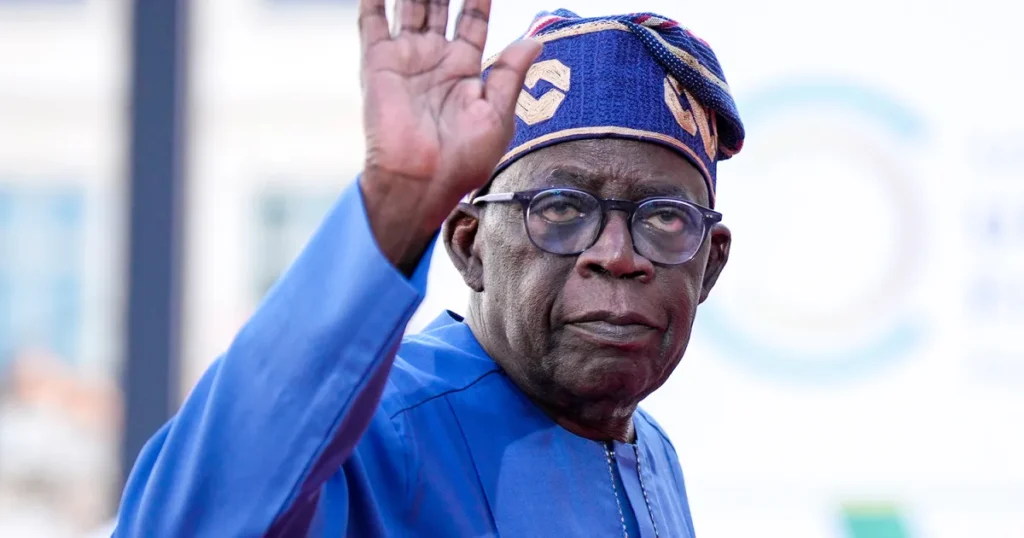 CURRENT REPORT BLOG In a significant ruling, the Supreme Court of Nigeria has upheld the victory of President Bola Tinubu in the presidential election held on February 25. This decision came following the dismissal of appeals filed by the presidential candidate of the Peoples Democratic Party (PDP), Atiku Abubakar, and his Labour Party (LP) counterpart, Peter Obi. The apex court’s decision marks a pivotal moment in the nation’s political landscape.
CURRENT REPORT BLOG In a significant ruling, the Supreme Court of Nigeria has upheld the victory of President Bola Tinubu in the presidential election held on February 25. This decision came following the dismissal of appeals filed by the presidential candidate of the Peoples Democratic Party (PDP), Atiku Abubakar, and his Labour Party (LP) counterpart, Peter Obi. The apex court’s decision marks a pivotal moment in the nation’s political landscape.
The Supreme Court’s Ruling
A seven-judge panel carefully considered the opposition’s appeals, which raised concerns related to fraud, electoral law violations, and Tinubu’s eligibility for the presidency. The court ruled that these appeals lacked merit, concluding that there were no grounds to challenge the election results. Justice Inyang Okoro, while dismissing Atiku’s appeal, affirmed the earlier judgment of the court delivered on September 6, 2023, confirming President Tinubu as the duly elected President of Nigeria.
The court also addressed Obi’s appeal, particularly focusing on the issue of the double nomination of Vice-President Kashim Shettima. The judges held that this matter had already been resolved in a prior ruling on May 26, and as such, it could not be re-litigated. Justice Okoro emphasized the need for finality in litigation, stating that the issue of double nomination should have been concluded earlier.
The apex court thrashed all the grounds of appeal of Atiku and PDP on qualification, non-compliance with the Electoral Act, the 25% votes in FCT, and electoral malpractices.

Background and Previous Challenges
Before this decision by the Supreme Court, an election appeals court had already rejected petitions from the two main opposition parties, which included allegations of fraud, violations by the Independent National Electoral Commission (INEC), and claims that Tinubu did not meet the constitutional requirements.
Additionally, Atiku legal team had attempted to introduce new evidence suggesting that President Tinubu had submitted a forged certificate from Chicago State University during his candidacy application. However, this attempt was unsuccessful.
Tinubu Vision for Nigeria
President Bola Tinubu, who assumed office in May, has introduced a reform agenda known as “Renewed Hope.” His government’s initiatives aim to stimulate economic growth, attract foreign investment, and enhance Nigeria’s standing on the global stage. These reforms are expected to play a pivotal role in shaping the country’s future.
In conclusion, the Supreme Court’s decision to affirm Bola Tinubu’s presidency marks a crucial milestone in Nigeria’s political landscape. The ruling reinforces the integrity of the electoral process and emphasizes the importance of respecting established legal decisions. President Tinubu’s commitment to positive change and growth for Nigeria remains at the forefront as he continues to implement his reform agenda.












